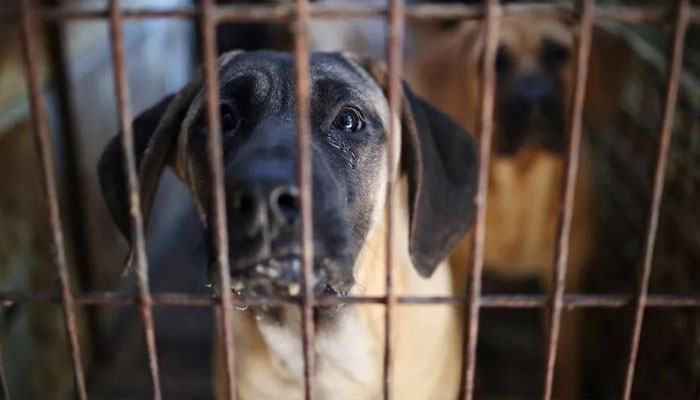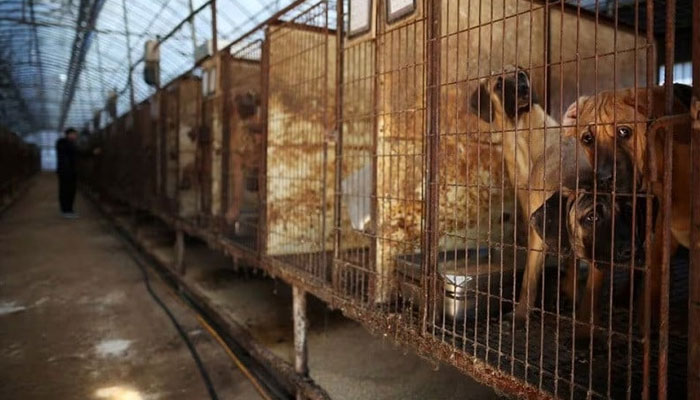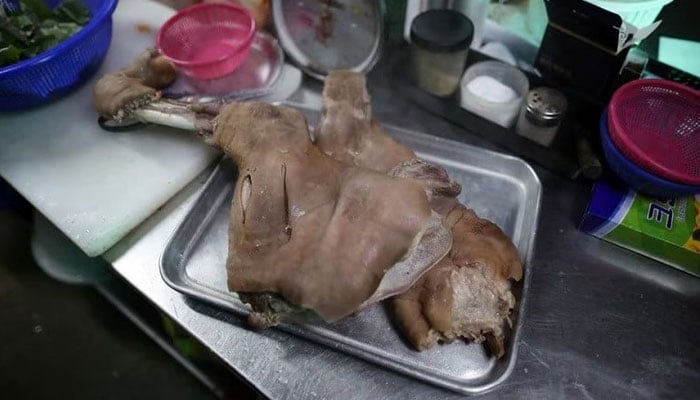South Korea bans dog meat trade amid barks of relief
Dog meat stew, known as "boshintang," has been considered a delicacy among some older South Koreans
January 10, 2024

South Korea has passed a groundbreaking law banning the slaughter and sale of dogs for meat, marking a significant step to end the centuries-old tradition of consuming dog meat.
The legislation, set to take effect by 2027, does not make dog meat consumption illegal but focuses on criminalising the dog meat trade.
Dog meat stew, known as "boshintang," has been considered a delicacy among some older South Koreans, but its popularity has waned, especially among the younger generation. A Gallup poll revealed a sharp decline in dog meat consumption, with only 8% trying it in the past 12 months compared to 27% in 2015.

Under the new law, those convicted of butchering dogs could face up to three years in prison, while individuals guilty of raising dogs for meat or selling dog meat could serve a maximum of two years. Farmers and restaurant owners are given a three-year grace period to transition to alternative sources of employment.
The move comes as societal attitudes shift, with more people viewing dogs as family members, leading to increased support for animal rights. The government, acknowledging the decline in the popularity of dog meat, aims to support affected farmers, butchers, and restaurant owners during the transition.

While some older individuals, such as 86-year-old Kim Seon-ho, express disappointment, claiming the tradition dates back to the Middle Ages, the generational divide is evident. President Yoon Suk Yeol and First Lady Kim Keon Hee, known for their love of animals, have advocated for ending the practice.
Animal rights groups, including the Humane Society in Korea, have lauded the ban, marking a significant change after decades of failed attempts to address the issue.
According to Jung Ah Chae, the executive director of the Humane Society in Korea, the ban reflects South Korea's commitment to a more dog-friendly future.
However, some dog meat farmers argue against the ban, suggesting that the declining popularity among the younger population should be allowed to phase out the practice naturally.









